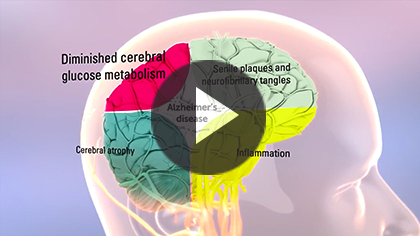Good Thinking™
Helping you to care for your loved one with Alzheimer’s disease


Axona is only available with a prescription from a doctor. Find a doctor near you and ask how you can get your loved one started with Axona.

Axona is only available with a prescription from a doctor. Find a doctor near you and ask how you can get your loved one started with Axona.

Axona is only available with a prescription from a doctor. Find a doctor near you and ask how you can get your loved one started with Axona.